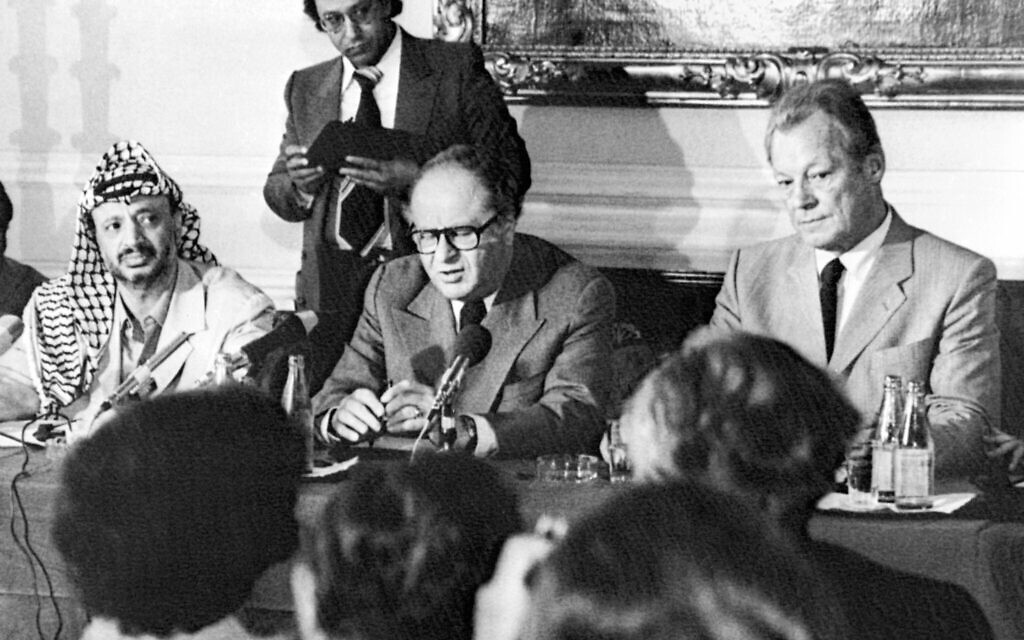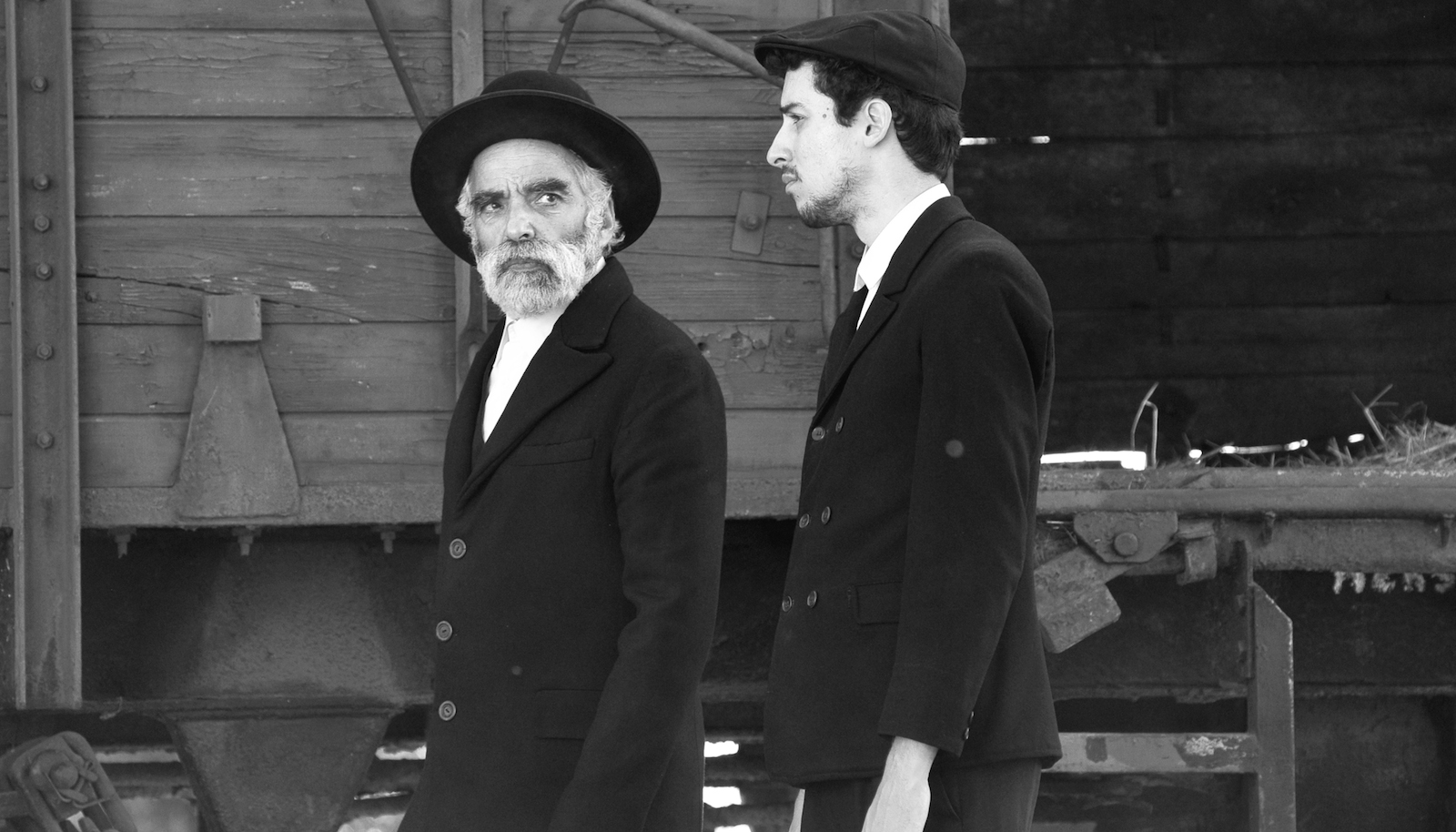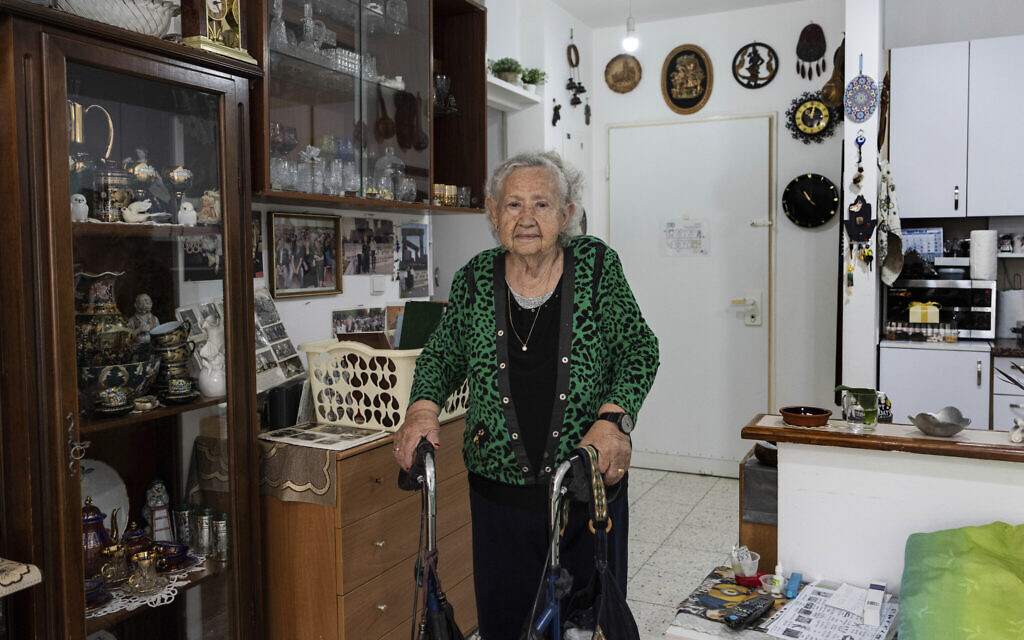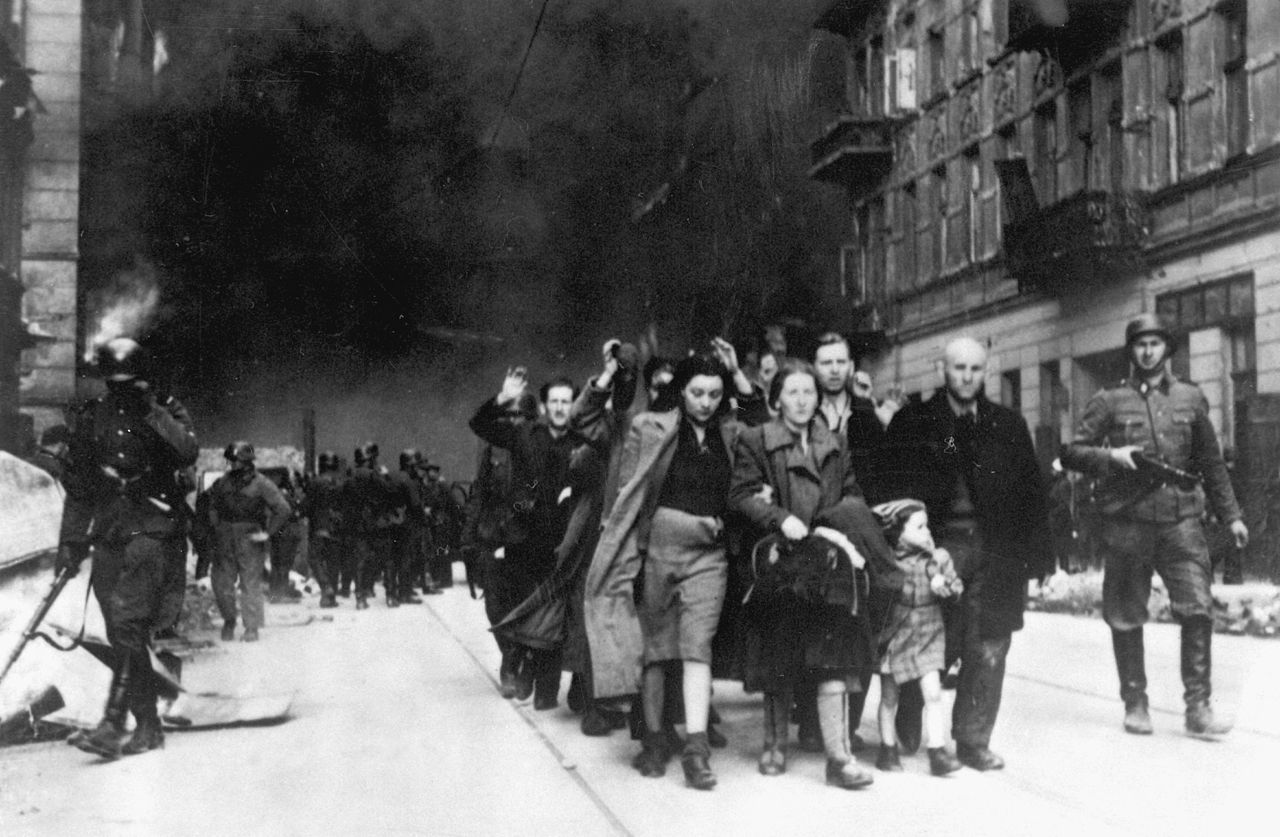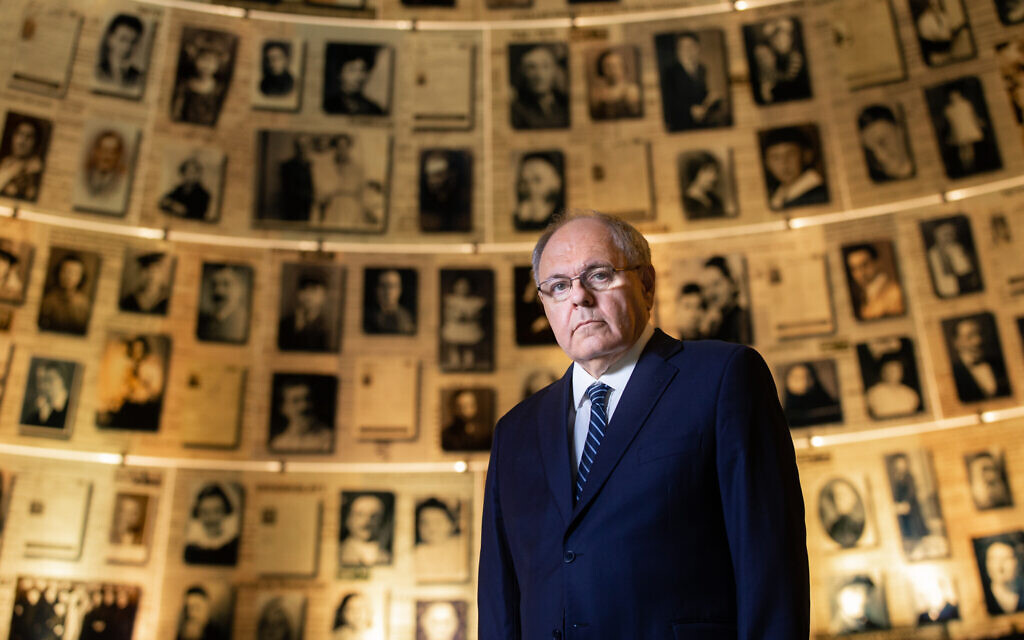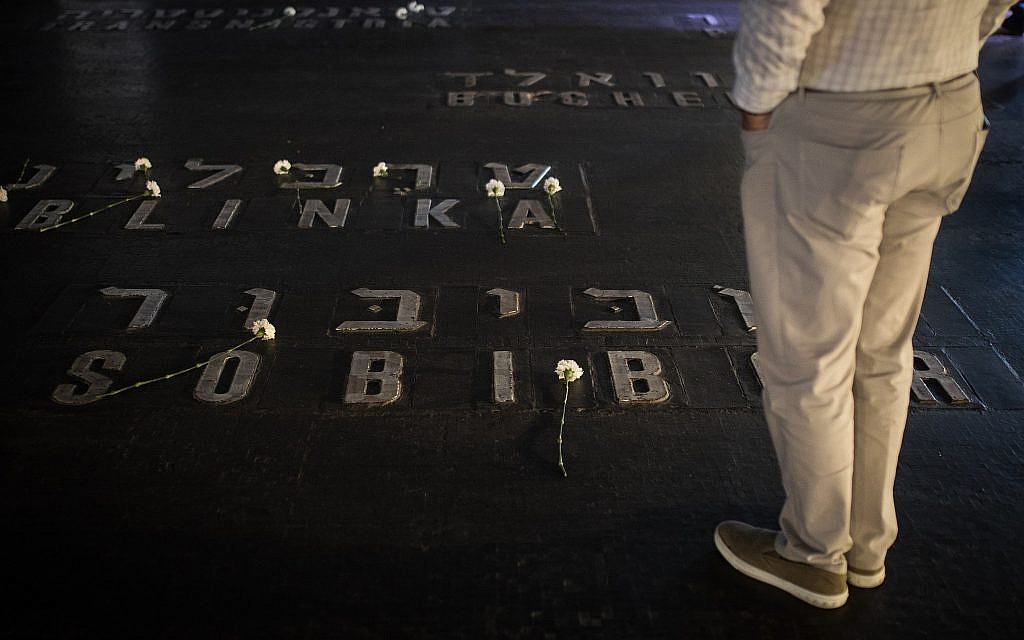Sixties Fan
Diamond Member
- Mar 6, 2017
- 58,664
- 11,122
- 2,140
- Thread starter
- #741

Not Picassos, but Still Precious: Museums Return Silver Lost to the Nazis
Some German institutions have begun to give back cups, candlesticks, teapots and other items of crafted silver that Jews were forced to surrender during the reign of the Third Reich.
